How can UV-resistant cosmeetic glass protect light-sensitive ingredients?
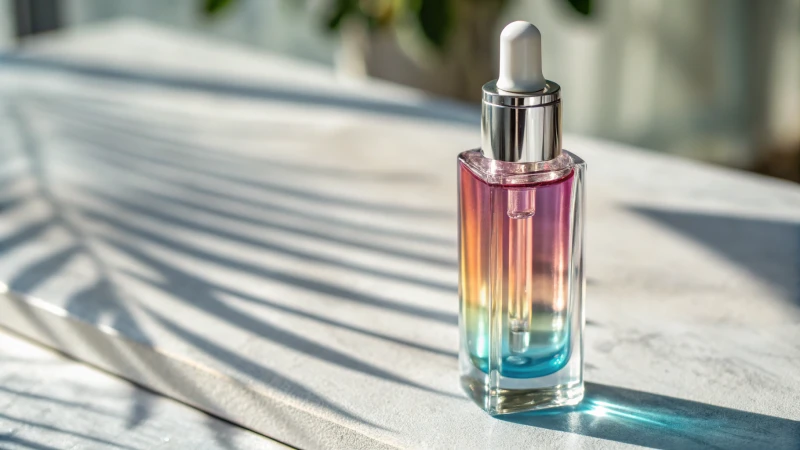
UV-resistant cosmetic glass is crucial for protecting light-sensitive ingredients in skincare products. By blocking harmful UV rays, this specialized packaging prevents degradation, ensuring that active components like vitamin C and retinol remain effective over time. With options like amber or cobalt blue glass and advanced coatings, brands can enhance product stability while maintaining aesthetic appeal. This not only extends the shelf life of cosmetics but also safeguards brand reputation by minimizing complaints related to product quality. As consumer awareness grows regarding the importance of packaging in preserving product integrity, investing in UV-resistant glass becomes a vital consideration for manufacturers aiming to meet market demands and ensure customer satisfaction.
What eco-friendly glass options are available for dropper bottles?
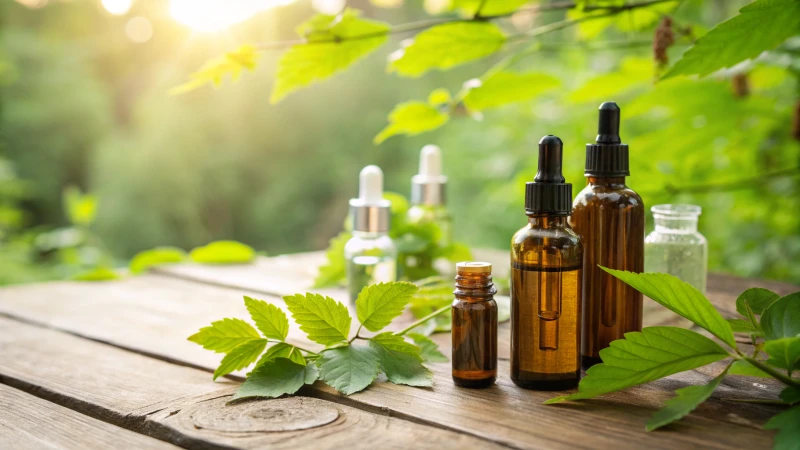
This article discusses various eco-friendly glass options for dropper bottles, highlighting the benefits of recycled glass, borosilicate glass, and soda-lime glass. Recycled glass significantly reduces energy consumption and raw material needs while promoting a closed-loop system. Borosilicate glass offers exceptional durability and thermal resistance, making it ideal for sensitive products. Soda-lime glass is non-toxic and recyclable indefinitely. The piece emphasizes the importance of choosing sustainable materials to minimize environmental impact and encourages consumers to look for certifications that ensure eco-friendliness in packaging choices.
Which glass grades are best for essential oil packaging?
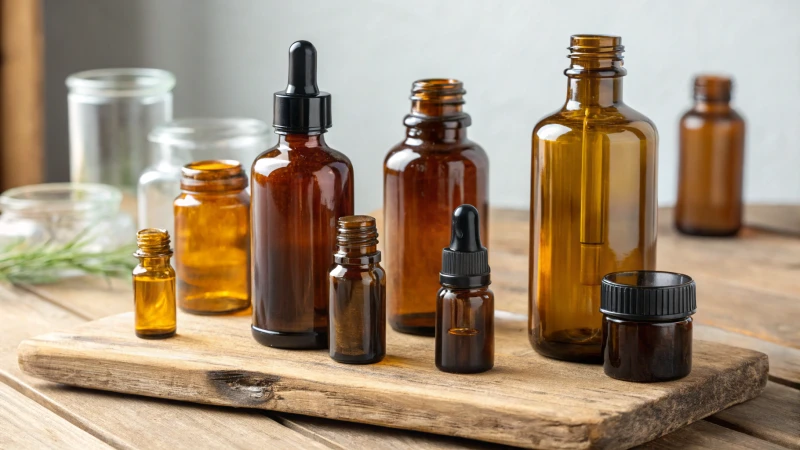
Choosing the right glass for essential oils is crucial for preserving their quality. Type I Borosilicate Glass provides superior chemical resistance, while Type III Soda-Lime Glass balances cost with protection. Amber Glass is essential for shielding oils from harmful UV rays. Each type plays a significant role in maintaining the potency of essential oils, making informed choices vital for product excellence. Additionally, dropper bottles enhance dispensing precision and prevent contamination, ensuring that every drop remains effective. Understanding nominal versus overflow capacities further aids in selecting suitable packaging to avoid leaks during transport. This guide explores the best glass grades and practical considerations for optimal essential oil storage.
Using Packaging to Infuse an Air of Elegance into Luxury Products
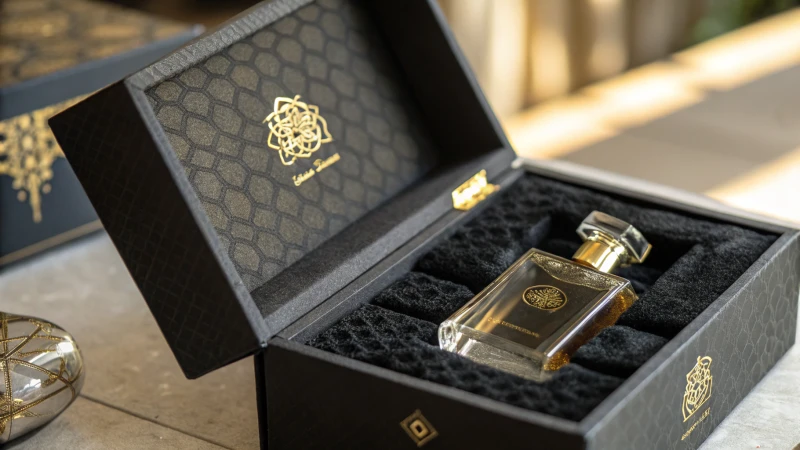
This blog post explores the significance of luxury packaging in enhancing brand identity and consumer experience. It emphasizes the importance of aligning packaging with brand values, using premium materials, and adopting minimalist yet detailed designs. By focusing on storytelling through packaging and incorporating thoughtful details like embossing or foil accents, brands can create an unforgettable unboxing experience that resonates emotionally with consumers. The article also discusses overcoming production challenges while maintaining elegance and sustainability in luxury packaging design.
Boosting Serum Bottle Manufacturing Through Contract Production
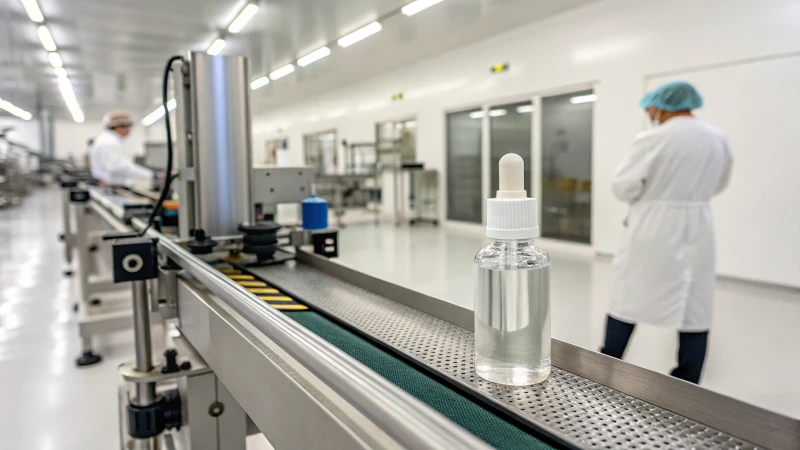
Outsourcing serum bottle production through contract manufacturing offers brands significant advantages. It provides scalable solutions tailored to market demands, reduces costs, and ensures high-quality packaging that aligns with brand identity. By leveraging specialized expertise and innovative designs, companies can enhance user experience while maintaining sustainability. This strategic partnership allows businesses to focus on core activities like product development and customer engagement rather than the complexities of manufacturing logistics. With a commitment to quality assurance and responsiveness to market trends, contract manufacturers help brands elevate their packaging game effectively.
Which Skincare Packaging Options Best Suit Your Product?
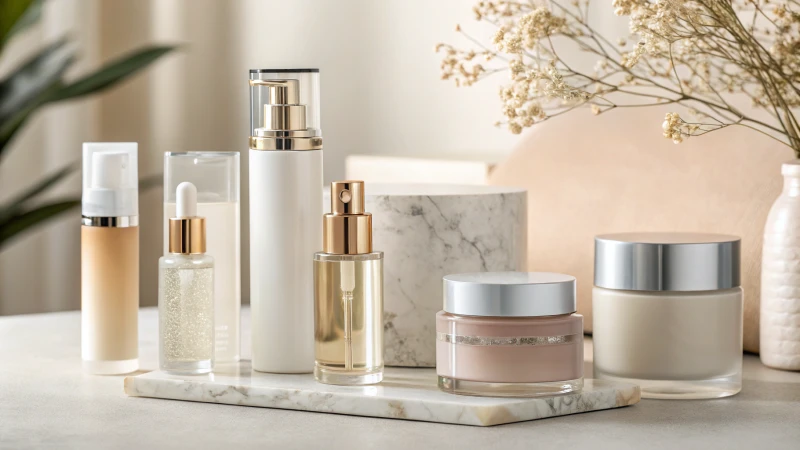
Selecting appropriate skincare packaging is crucial for maintaining product quality and enhancing user experience. Packaging options like pump bottles for lotions, droppers for serums, and airless jars for creams each offer unique benefits. Additionally, brands must consider sustainability trends to align with eco-conscious consumers. Effective packaging not only protects formulations but also communicates brand values and identity. Understanding material compatibility and usability can significantly impact customer satisfaction. As the market shifts towards environmentally friendly practices, incorporating sustainable materials can enhance brand reputation while meeting consumer demands. This guide explores various packaging types, their applications, and key considerations to help brands make informed decisions that resonate with their target audience.
A Complete Guide to Travel Perfume Bottles for Convenient Fragrance On-the-Go
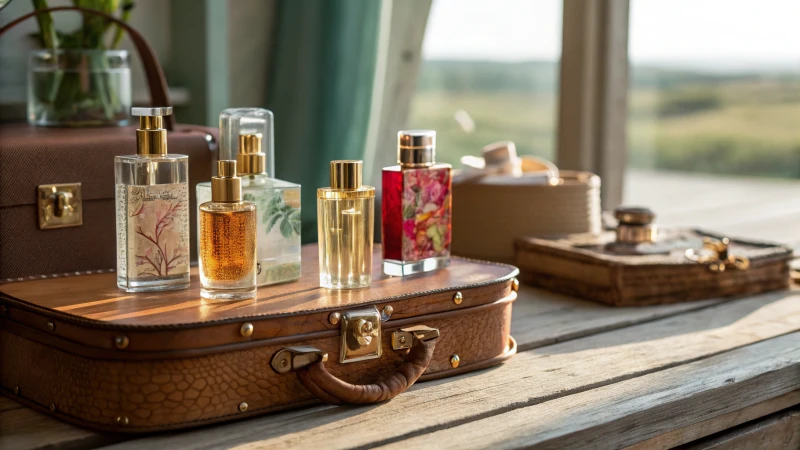
This comprehensive guide explores the benefits of travel perfume bottles, highlighting their portability, cost-effectiveness, and stylish designs. Learn how to choose the right bottle based on size, material, and refill mechanism. Discover tips for refilling and maintaining your travel perfume bottle to ensure a fresh scent on-the-go. Understand TSA regulations for liquids and find out how these versatile bottles can enhance your travel experience while reducing waste. Perfect for frequent travelers or anyone wanting to keep their favorite fragrances close at hand.
How do airless pump bottles function?
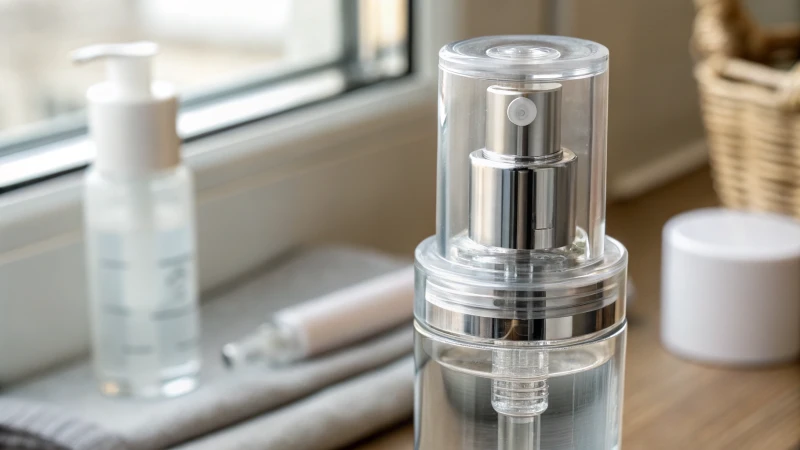
Airless pump bottles are revolutionizing skincare packaging by using a vacuum mechanism that eliminates air exposure. This innovative design ensures product freshness and minimizes waste, allowing users to enjoy nearly every drop of their favorite creams and serums. Unlike traditional bottles that often leave residue due to dip tubes, airless pumps push the product upward with each press, maintaining the integrity of sensitive ingredients like Vitamin C and retinol. As sustainability becomes increasingly important in consumer choices, these bottles offer an eco-friendly solution by maximizing product utilization while reducing waste. With options available in both plastic and glass, brands can cater to various market segments—from luxury to mass-market—while supporting the clean beauty movement. Discover how airless technology is shaping the future of skincare packaging.
How do raw materials affect the sealing performance of sprayer bottles?
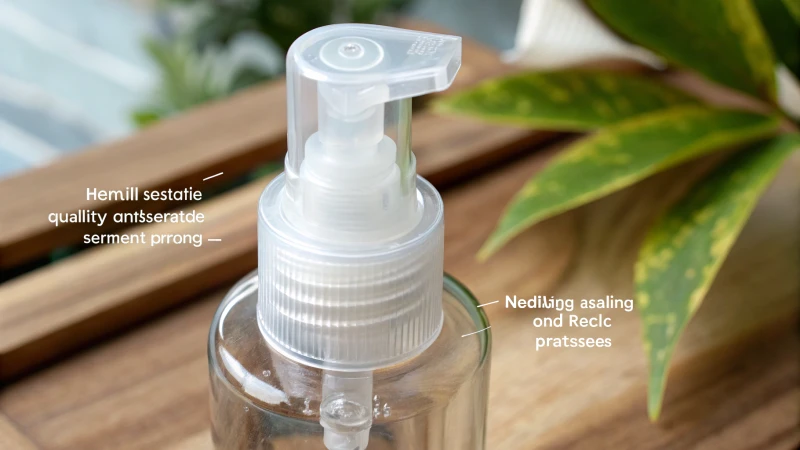
The sealing performance of sprayer bottles is heavily influenced by the raw materials used. Factors such as molecular stability, melt index consistency, and mold compatibility play crucial roles in ensuring a tight seal. Recycled or mixed materials can introduce defects that lead to leakage or nozzle issues. Understanding the importance of melt index (MI) helps manufacturers achieve optimal flow during molding processes. Additionally, uniform molecular chain distribution enhances elasticity and resilience in seals. By maintaining precise mold design and selecting high-quality materials, manufacturers can prevent common pitfalls associated with low-cost options and ensure reliable sealing performance across various applications.
How does automation reduce sprayer bottle manufacturing costs?
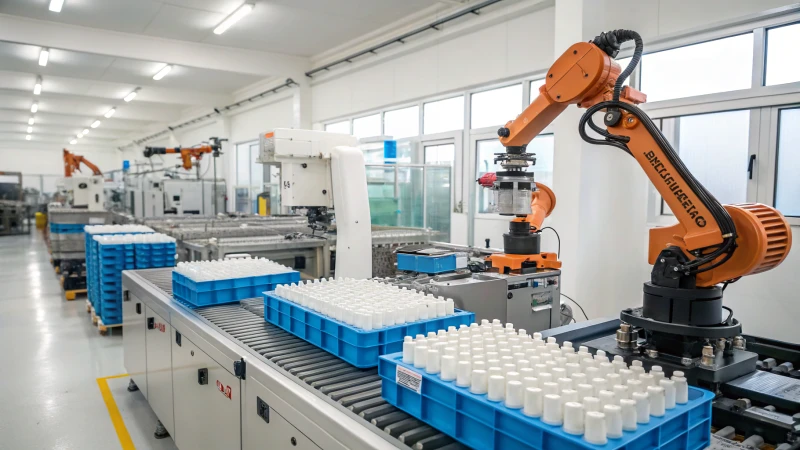
Automation significantly lowers sprayer bottle manufacturing costs by ensuring precise mold maintenance, optimizing raw material usage with automated mixing systems, and reducing energy consumption through intelligent monitoring. These advancements not only enhance production efficiency but also extend the life of molds and minimize waste. Automated systems improve accuracy in resin mixing, leading to substantial savings on materials while decreasing defective rates during assembly. Energy Management Systems further contribute by optimizing power usage, resulting in reduced electricity bills. Overall, automation transforms manufacturing processes into smarter operations that save money and increase productivity.


